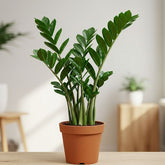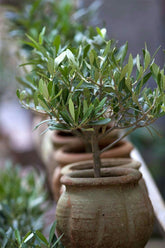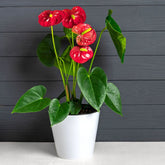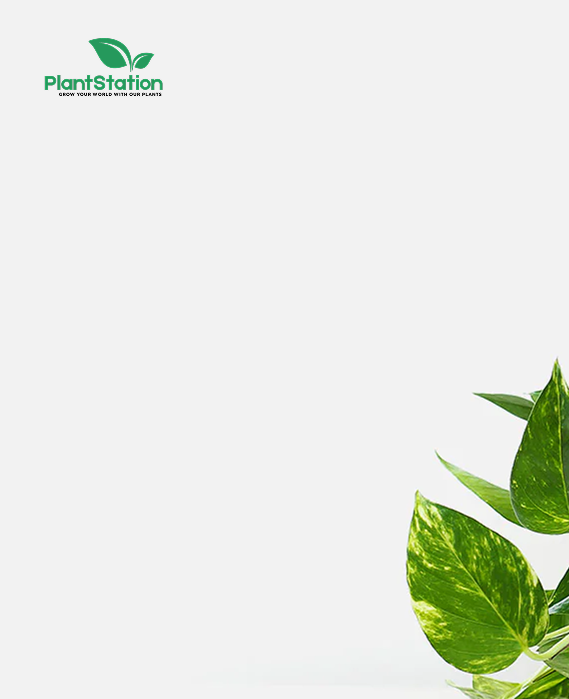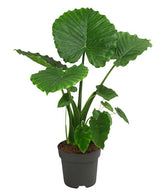Call Us +971 55 174 0095
Plantshop, Landscaping, Gardening & Plant Care Services
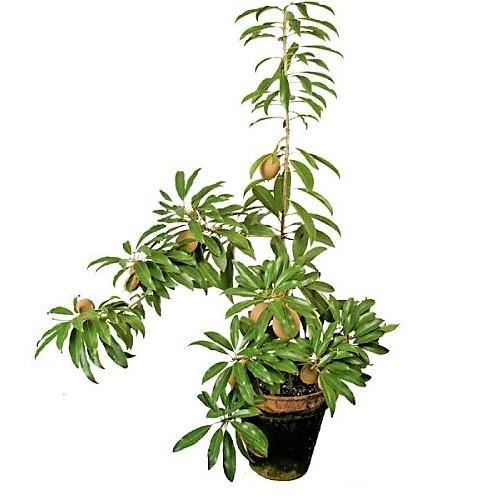

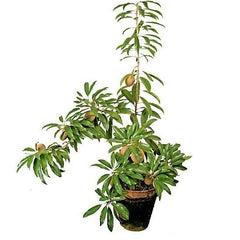
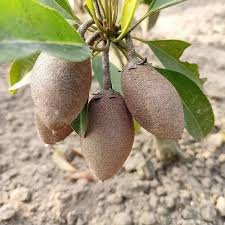
Chickoo Plant (Manilkara zapota)
- AED 105.00
- AED 105.00
- Unit price
- per
Couldn't load pickup availability
Description
xChickoo Plant (Manilkara zapota): A Sweet Tropical Delight
The Chickoo plant, scientifically known as Manilkara zapota, is a tropical evergreen tree native to Central America and the Caribbean. It is widely cultivated for its sweet, grainy-textured fruit, commonly called chickoo or sapodilla. Beloved for its taste and nutrition, this fruit is enjoyed fresh or used in desserts, smoothies, and traditional remedies. With the global chickoo market projected to reach $2 billion by 2030, the plant is gaining recognition both for its economic and health value.
5 Essential Benefits of the Chickoo Plant for Health and Well-being
1. Nutritional Value
Chickoo is a powerhouse of nutrients, including dietary fiber, vitamins A and C, and minerals such as potassium and calcium. These nutrients support immunity, bone strength, and overall wellness (Nirmal & Nirmal, 2017).
2. Antioxidant Properties
Rich in tannins and flavonoids, chickoo acts as a natural antioxidant source. These compounds protect the body from oxidative stress and may help reduce the risk of chronic illnesses (Kumar et al., 2018).
3. Digestive Health
High fiber content makes chickoo excellent for digestion. It prevents constipation and supports bowel regularity, aligning with research on dietary fiber’s key role in gut health (Slavin, 2013).
4. Natural Energy Booster
Chickoo is loaded with natural sugars and carbohydrates, providing a quick and sustained energy supply. This makes it a healthy choice for athletes and people with active lifestyles (Hassan & Kaur, 2020).
5. Skin Health
Packed with vitamin C and antioxidants, chickoo supports collagen production—helping maintain skin elasticity, repair, and overall radiance (Harrison et al., 2016).
Potential Drawbacks
-
Requires warm, tropical conditions to thrive—less suited for colder climates.
-
Fruits have a short shelf life, needing quick consumption or proper storage.
-
Trees demand adequate space, making site selection important.
-
Regular care, pruning, and maintenance are essential for good fruit yield.
Frequently Asked Questions
1. Is the Chickoo plant nutritious?
Yes. Its fruits are rich in vitamins, minerals, and fiber.
2. Do Chickoo fruits contain antioxidants?
Yes. They’re packed with tannins and flavonoids that fight oxidative stress.
3. Can Chickoo fruits aid digestion?
Yes. Their high fiber content supports healthy digestion and bowel regularity.
4. Are Chickoo fruits a good energy source?
Yes. Their natural sugars provide quick energy for active individuals.
5. Do Chickoo fruits improve skin health?
Yes. The vitamin C and antioxidants help with skin repair and elasticity.
Final Verdict: Should You Grow a Chickoo Plant?
Yes! The Chickoo plant is a rewarding choice for tropical gardeners and fruit lovers. With its rich nutritional value, antioxidant benefits, and deliciously sweet fruit, it offers both health and culinary advantages. With proper care, it can be a long-lasting, fruitful addition to your garden.
Plant Care
xWatering
Water your plant once a week or when the soil starts to feel slightly dry on the surface. Keep the soil consistently moist, but be careful not to overwater, as this can cause brown spots and leaf drop. If the leaves become curly or dry, it's a sign that the plant needs water. It's best to water your plant in the early morning or late evening when the temperatures are cooler. Always check the soil before watering.Light
Provide bright indoor light or indirect sunlight for about 6 to 8 hours a day.Temperature
Maintain temperatures between 18°C and 24°C. Avoid exposing the plant to drafts, as these can cause undesirable temperature fluctuations. Mist the plant occasionally, about twice a week, to help maintain optimal humidity levels.Fertilizer
Apply liquid fertiliser every 15 days when the plant is actively growing. For best results, use Folikraft ready-to-use Indoor Plant Food.- Comodous:
- Comodous in tempor ullamcorper miaculis
- Mattis laoreet:
- Pellentesque vitae neque mollis urna mattis laoreet.
- Divamus de ametos:
- Divamus sit amet purus justo.
- Molestie:
- Proin molestie egestas orci ac suscipit risus posuere loremous
Related Products
Recently Viewed Products
- Choosing a selection results in a full page refresh.

